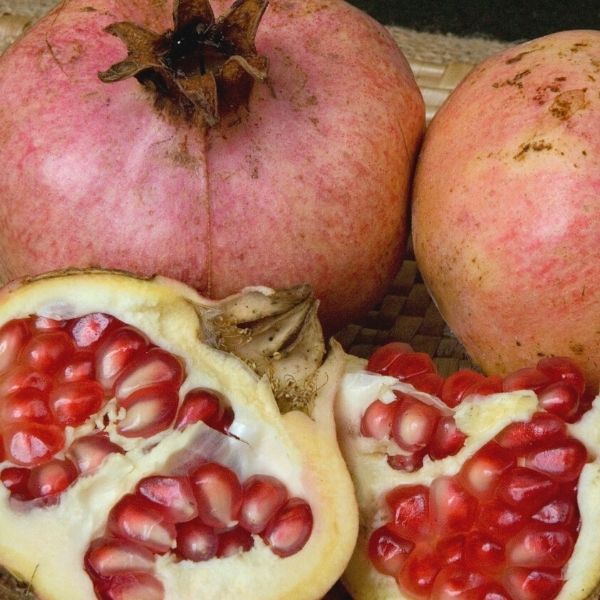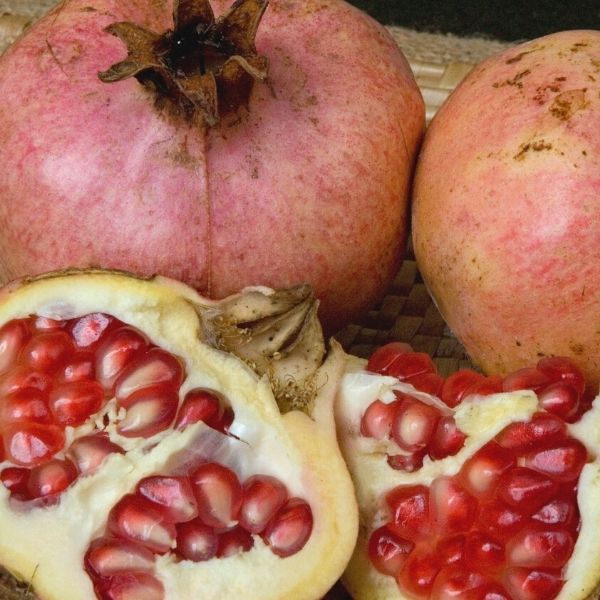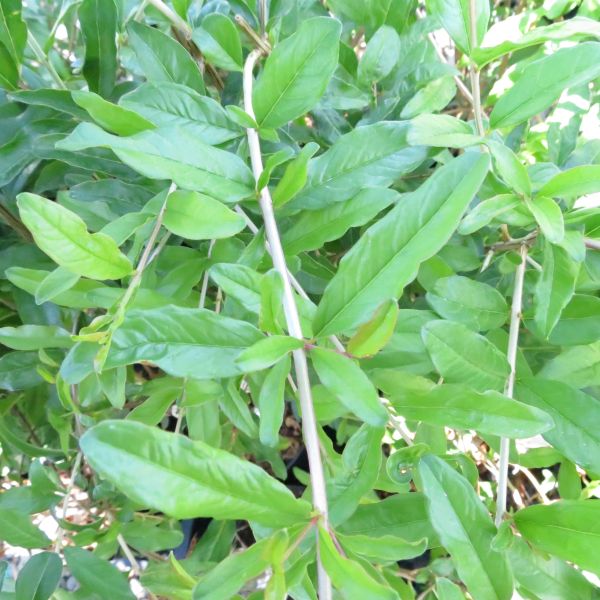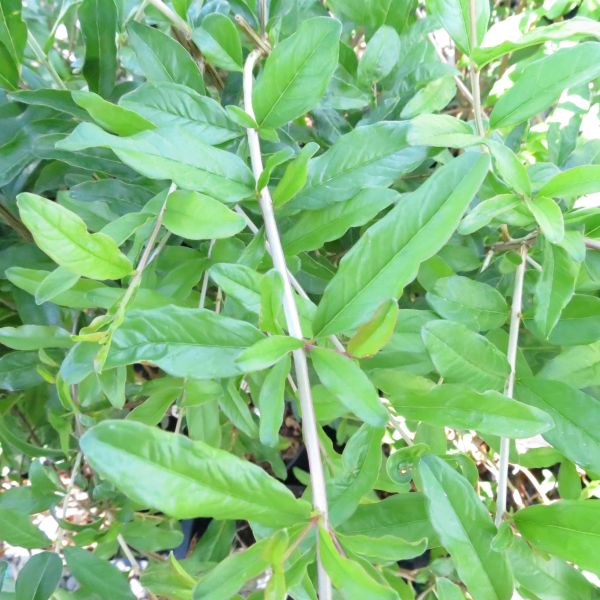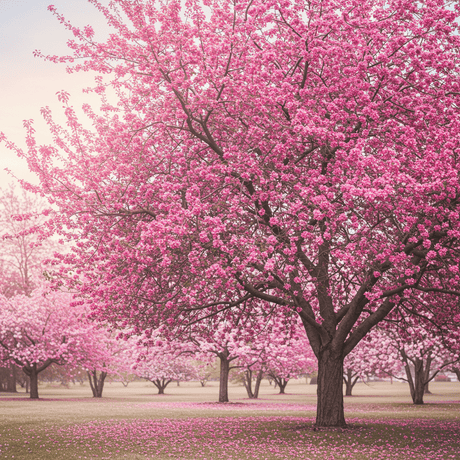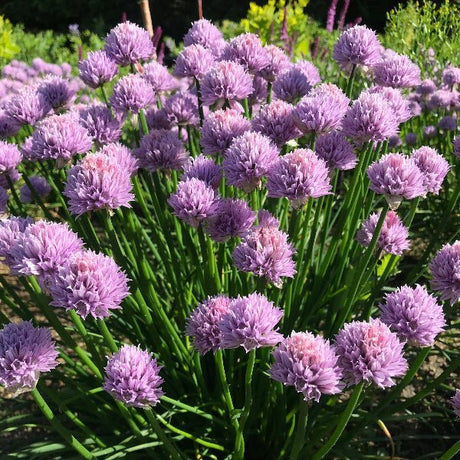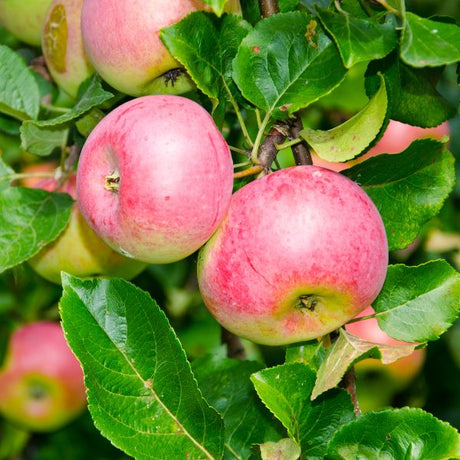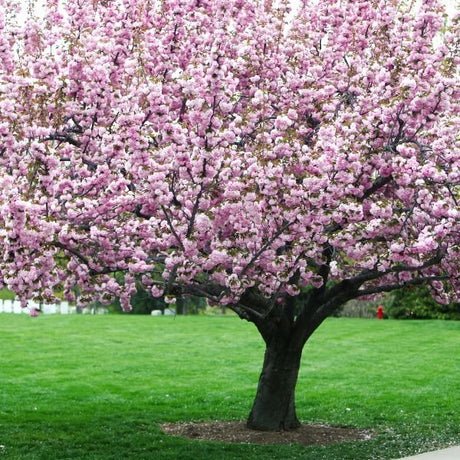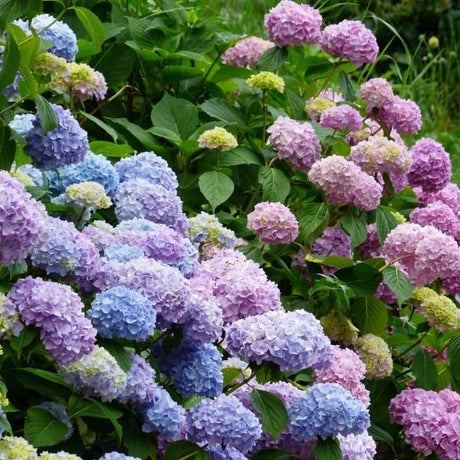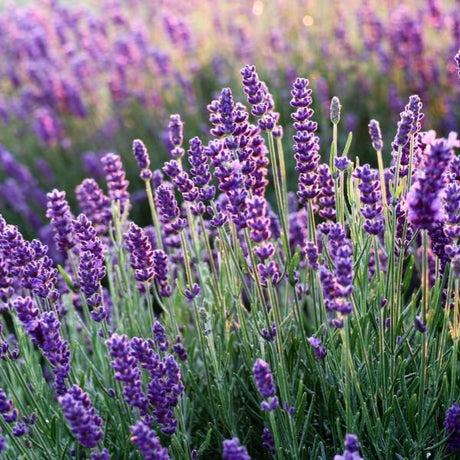Ambrosia Pomegranate
Punica granatum 'Ambrosia'
- Stay Protected with Plant Sentry ™
Ambrosia Pomegranate - #3 Container 3-4 Feet is backordered and will ship as soon as it is back in stock.
Plant Sentry™
Plant Sentry™

Plant Sentry™ Protected
Your order is protected by our compliance system that:
- Prevents restricted plants from shipping to your state
- Ensures plants meet your state's agricultural requirements
- Protects gardens from invasive pests and diseases
Delivery and Shipping
Delivery and Shipping
Delivery and Shipping
Fast, Safe Plant Delivery
Ships in 3-4 business days • Tracking provided • Weather protected
| Under $50 | $9.99 |
| $50 - $99.99 | $14.99 |
| $100 - $149.99 | $16.99 |
| $150+ | $24.99 |
✓ Zone-specific timing • ✓ Professional packaging • ✓ Health guarantee
Understanding Plant Options
Nature Hills offers plants in two main formats:
- Container Plants: Grown in pots with soil, sized by container volume and plant age
- Bare Root Plants: Dormant plants without soil, sized by height measurements
Container Plant Sizes
Container sizes indicate plant age and growing capacity rather than liquid volume equivalents. Our containers follow industry-standard nursery "trade gallon" specifications, which differ from standard liquid gallon measurements.
Young Plants (6 months to 18 months old)
| Container Size | Actual Volume | Metric Equivalent |
|---|---|---|
| 2" x 2" x 3" | 0.18 - 0.21 dry quarts | 0.20 - 0.23 dry liters |
| 4" Container | 0.31 - 0.87 dry quarts | 0.35 - 0.96 dry liters |
| 4.5" Container | 0.65 dry quarts | 0.72 dry liters |
| 6" Container | 1.4 dry quarts | 1.59 dry liters |
| 1 Quart | 1 dry quart | 1.1 dry liters |
| 5.5" Container | 1.89 dry quarts | 2.08 dry liters |
Established Plants (18 months to 2.5 years old)
| Container Size | Actual Volume | Metric Equivalent |
|---|---|---|
| 2 Quart | 2 dry quarts | 2.2 dry liters |
| #1 Container | 2.26 - 3.73 dry quarts | 2.49 - 4.11 dry liters |
| 5" x 5" x 12" | 3.5 - 4.3 dry quarts | 3.85 - 4.74 dry liters |
Mature Plants (2-4 years old)
| Container Size | Actual Volume | Metric Equivalent |
|---|---|---|
| #2 Container | 1.19 - 1.76 dry gallons | 5.24 - 7.75 dry liters |
| #3 Container | 2.15 - 2.76 dry gallons | 8.14 - 12.16 dry liters |
Large Plants (3-5 years old)
| Container Size | Actual Volume | Metric Equivalent |
|---|---|---|
| #5 Container | 2.92 - 4.62 dry gallons | 12.86 - 20.35 dry liters |
| #6 Container | 5.25 - 6.01 dry gallons | 23.12 - 26.42 dry liters |
| #7 Container | 5.98 - 6.53 dry gallons | 26.34 - 28.76 dry liters |
Bare Root Plants
Bare root plants are sold by height from the root system to the top of the plant. Plants may exceed minimum height requirements.
Common Sizes:
- Trees: 1 foot, 2 feet, 3 feet, 4 feet, 5 feet, 6 feet
- Shrubs & Perennials: 1 foot, 18 inches, 2 feet
Important Notes
Container Volume Specifications
- Trade Gallon Standard: Our containers follow industry-standard "trade gallon" specifications established by the American National Standards Institute (ANSI Z60.1) for nursery stock
- Volume Variations: Actual soil volume may vary due to plant root systems and growing medium settlement
- Age Indicators: Container size primarily indicates plant age and maturity rather than liquid volume equivalents
Growing Conditions
- Plant size can vary based on variety and growing conditions
- Container size helps indicate plant maturity and establishment level
- Larger containers generally mean more established root systems and faster landscape establishment
Seasonal Availability
- Bare root plants are available seasonally when dormant
- Container plants are available throughout the growing season
- Specific varieties may have limited availability in certain sizes
Questions?
For questions about specific plant sizes or availability, please contact our plant experts who can help you choose the right size for your landscape needs.
Plant Highlights
Ambrosia Pomegranate highlights at a glance!
-
Botanical Name
-
Brand
-
Growing Zones8, 9, 10
-
Growth RateModerate
-
Mature Height
-
Mature Width
-
Flower Color
-
Pollinator FriendlyYes
-
Pollinator Required
-
Bloom PeriodLate Spring
-
Harvest Time
Characteristics
Where To Plant
When To Prune
- When Dormant
Water & Moisture Needs
- Moderate
Sunlight Needs
Soil Needs
- Widely Adaptable
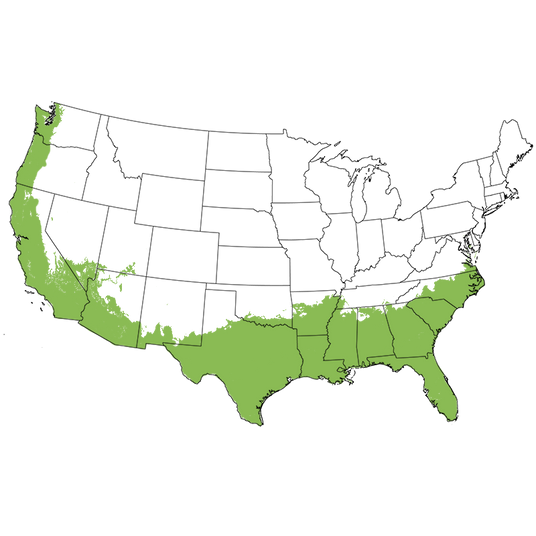
Growing Zones 8-10
There are few plants more satisfying than the Ambrosia Pomegranate (Punica granatum 'Ambrosia')! It's a hardy shrub requiring little care, and yet displays a profusion of bright, orange blooms in spring that are a stand-out amid other garden choices!
Glossy green foliage creates a robust appearance through the summer months until the fall harvest provides the remarkable fruit it's most known for. Lovely as it dangles on the bush, the fruit consists of shiny, pink globes that encase a multitude of delicious, juicy seeds. In fact, Ambrosia produces the largest fruit of all the Pomegranates, up to three times the size of other varieties!
With sweet-tart flavored, purple-hued, fragrant juice, Ambrosia is a delicacy for all the senses. Suitable for eating directly from the bush, or used in a variety of culinary dishes, Pomegranates are a delicious choice and incredibly healthy. Latin for "apple of many seeds", each Pomegranate is chocked full of antioxidants, vitamin C and fiber. It's also shown to inhibit bad (LDL), cholesterol.
Planting and Application:
Ambrosia Pomegranate is a deciduous shrub with arching branches, naturally forming a dense bush with many outstanding ornamental landscaping features! Plant one near a doorway or as an accent for a perennial bed. Its blooms in spring make it an eye-catching choice for your landscape, and its fall harvest is a sure conversation starter!
It will reach a good height and spread, and is amenable to pruning if you so desire. With a little pruning, it can even be shaped into a tree form! Prune into a hedgerow that provides luscious fruit and thick privacy too! Or prune into a small multi-trunked tree for an ornamental specimen and accent anywhere in your sunny landscape! You can even keep it small for container gardening too!
- Large Sweet Healthy Fruit
- Great Ornamental Shrub or Small Tree
- Unique Blooms
- Containers, Hedges & Specimen
- Self-Fruitful
#ProPlantTips for Care:
Ambrosia is an adaptable plant in other ways as well, being tolerant of a variety of soil conditions and accepting of both hot and cold climates. It's even disease-resistant and self-fruitful.
- Full Sun
- Moderate Moisture & Fertility
- Loves Mulched Beds
- Prune Late Winter/Early Spring
- Plant in Well-Drained Soil
Who wouldn't want a plant with so much to offer! A long-lived plant with health benefits that's easy to care for and a lovely accent for the landscape, the Ambrosia Pomegranate has it all! Order yours today at NatureHills.com!

